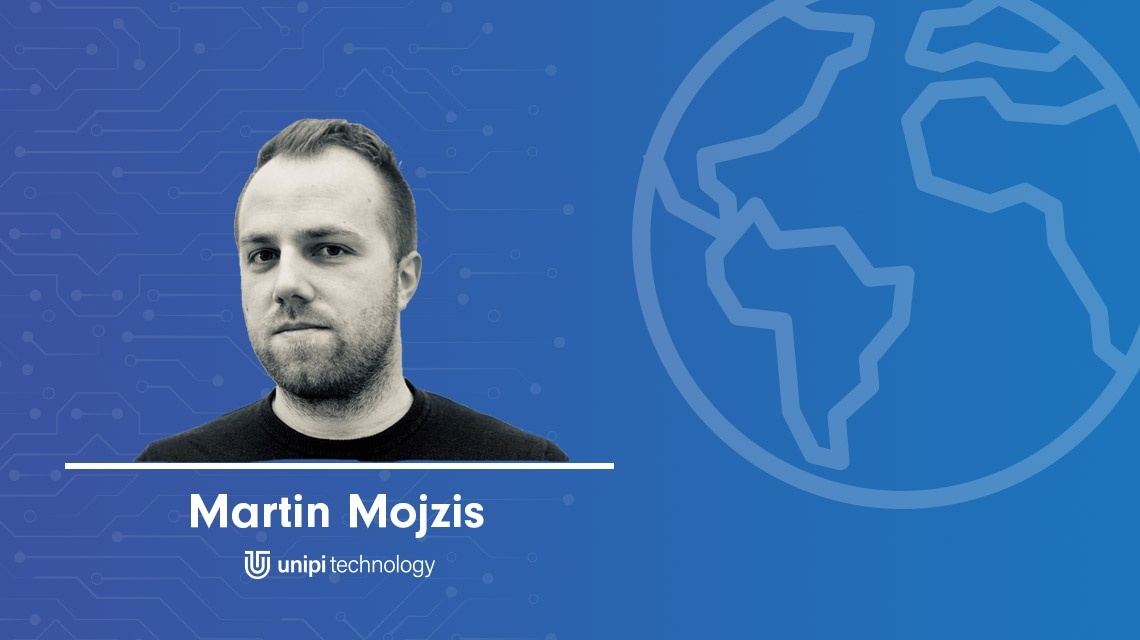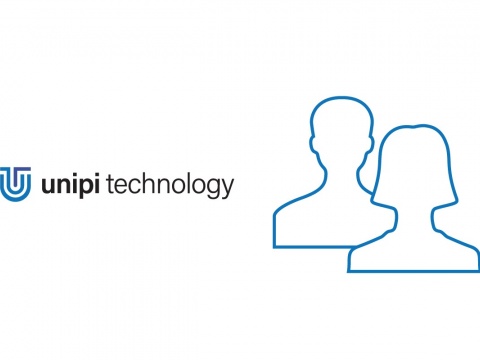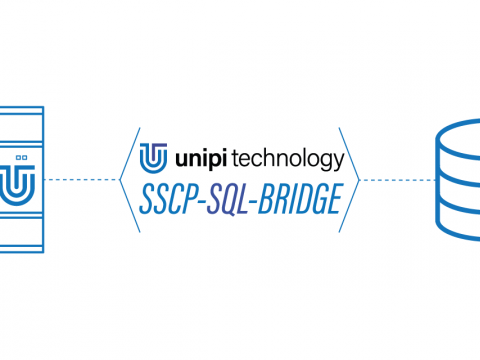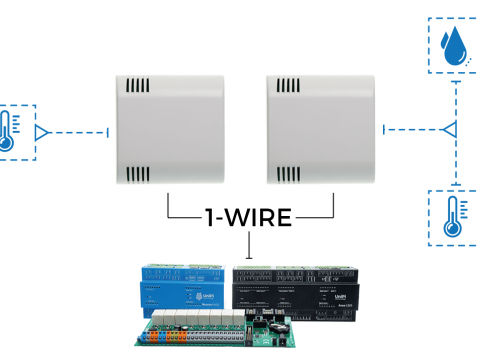
News
We interviewed the business manager for global clientele and partners, Martin Mojžíš, about the pitfalls of 2022 and how we fought them. What are we doing to satisfy our customers in the years to come. And about the surprises we encountered on our way.
What interested our customers the most this year?
This year, our customers asked the most about product availability in the light of the global component crisis. And also on how Unipi technology will be able to meet the requirements in 2023.
Even though there were situations that could be compared to fortune-telling from a crystal ball, we coped with this difficult task. We have shipped all orders and are taking steps to be ready for the next year as well.
When did you felt the crisis hit the hardest?
Let me start by saying that the component crisis did not happen overnight, and we have observed the decline in the strength of electronic component suppliers for a long time.
Let's say that if we look back, we already felt this change in April 2021, when we had several Covid waves behind us. However, the absolute peak of the crisis for us was the supply shortage of the Raspberry Pi manufacturer, when all movement of these microcomputers on all official distribution channels was stopped.
At this moment, we also appreciated our considerable investment in SBC Zulu, which we developed and launched last year. It is a single-board computer that is currently installed in the Patron product line. We have great confidence in Zulu from the point of view of its long-term availability, and we are preparing to use it in other product innovations. The ease of transition between our product lines has allowed customers to quickly transition from non-available Raspberry Pi products to available Zulu products.
What effect had the component crisis and this global shortage of Raspberry Pi on Unipi technology?
When we add up all the negative factors that occurred during 2021 and 2022, these facts brought us to the point where we had to limit the development of new products. But we concentrated as much as possible on how to maintain standard product lines and how to ensure their reasonable availability for all our existing and even the new clients.
It meant quite a lot of effort for us, but it showed the qualities of individuals and the entire Unipi team, working together in one smooth direction. We managed to secure all the material needed for production for pre-agreed orders as well as for the new ones.
How do you see the current state of the component market?
There is still some skepticism in the market, but thanks to what we have learned and our close cooperation with suppliers and customers, where we rely mainly on a personal approach, we are in the game. And we even moved to a higher level in the quality of providing services and products in terms where we are able to ship in a matter of days or a few weeks. Instead of giving up and waiting for everything to be back to normal, we found a way to face it all.
You mentioned development limitations, so did the crisis have an impact on your custom development?
We are still continuing with custom and product development, after all, we do not want to rest on our laurels. We are currently completing several very interesting projects for our customers and also still working on new products internally. However, it was necessary to determine priorities and reassess the distribution of forces for the time being. As a result, this only means a change in internal deadlines, and our customers will still see more news in the first half of 2023.
Could you describe the current direction of Unipi technology?
Today, we are no longer just a small group of electronics enthusiasts, but a healthy growing company that makes its place on the global market. In order to improve our services and continue to offer quality products, we had to take some important steps. One of these steps is our completed move to new premises that provide us with, for example, greater production and storage capacity.
I consider this step to be very fundamental as we can continue to offer favorable delivery dates. It allows us to have sufficient pre-stocks when we can serve even more customers currently and in the years to come. Customers who, for example, have been terminated by their existing suppliers.
Would you like to add anything else?
Yes, on behalf of the entire Unipi team, I would like to thank all our customers for supporting us, and trusting us, as thanks to them we can create a smart future together.
Martin Mojžíš
Business manager for global clientele and partners




